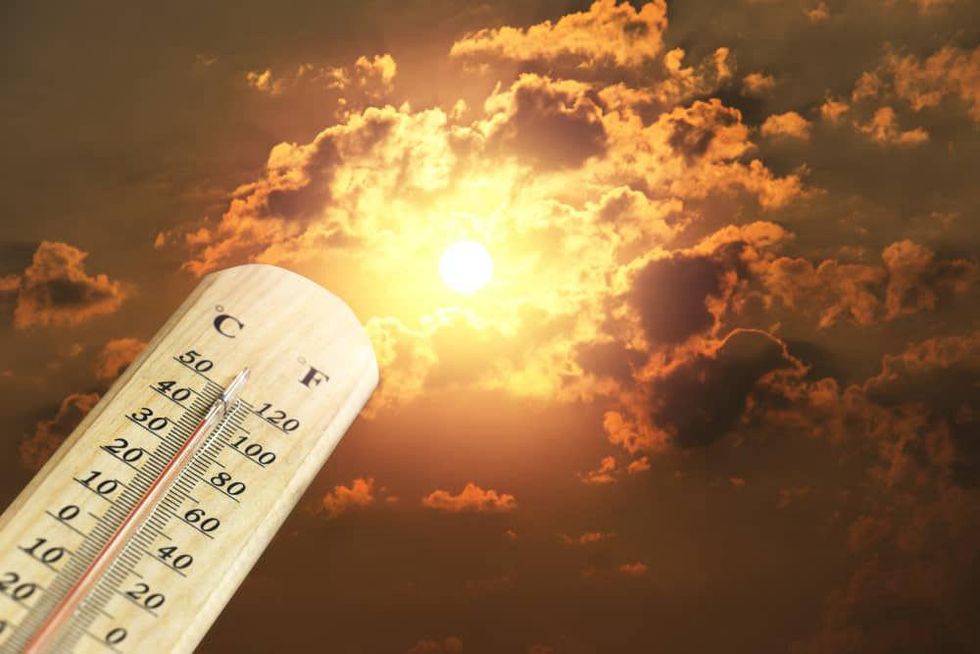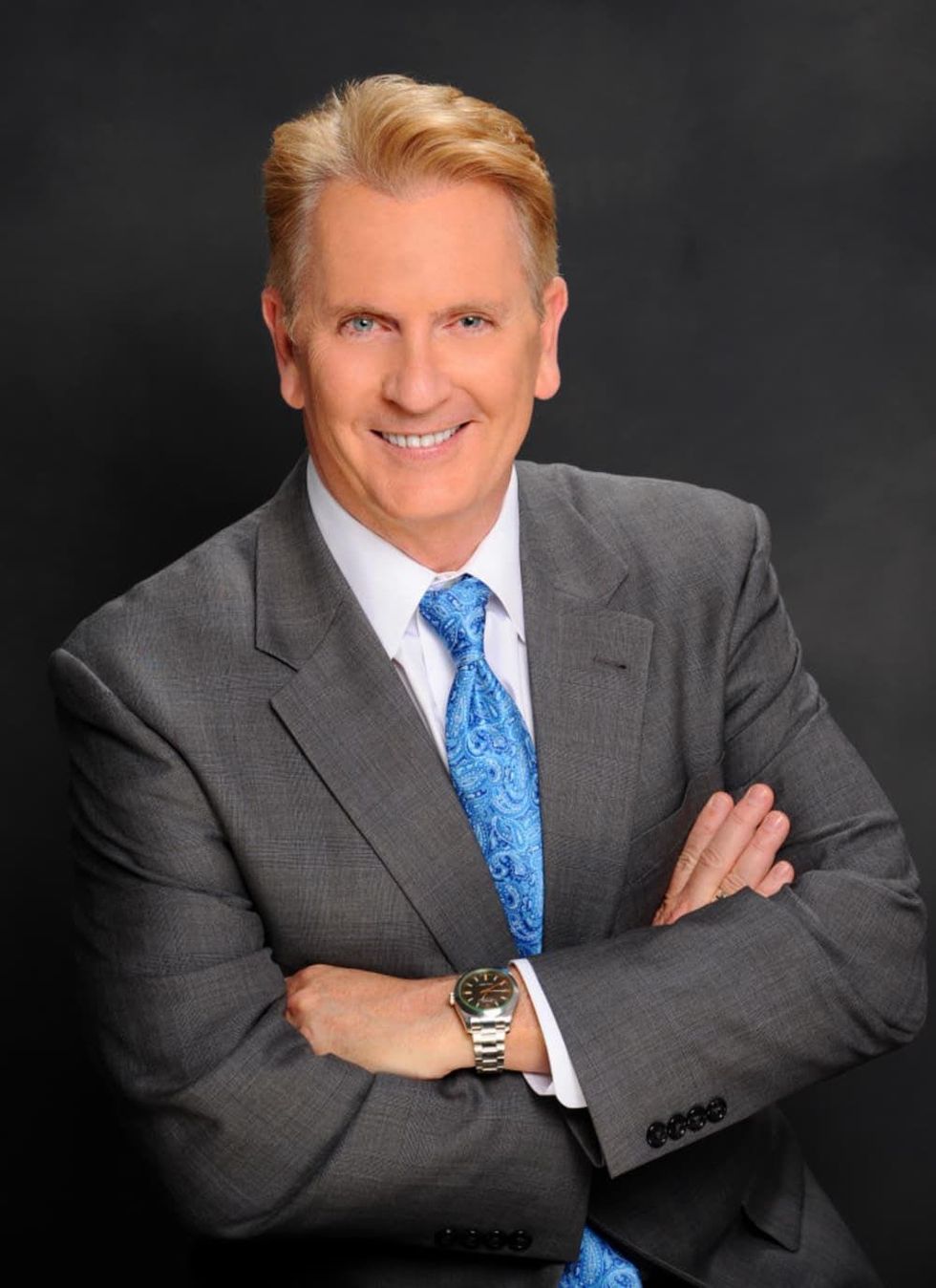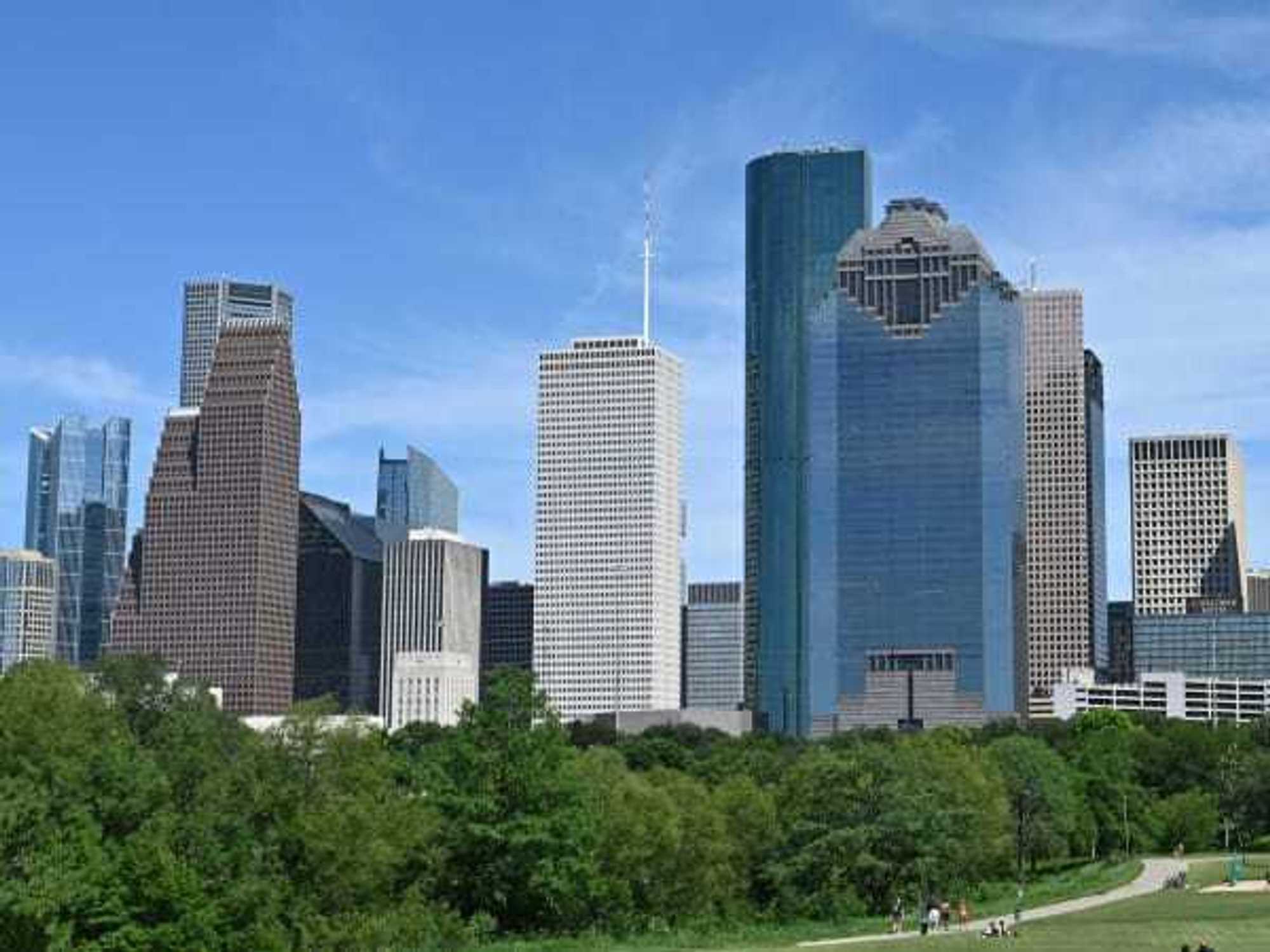no chill
Beloved Houston TV weatherman predicts our future climate after September's sizzling temps

What happened to this 'fall weather' we were promised, anyway.
Last week marked the beginning of fall. It was 103 ridiculous degrees in my backyard. Record highs were threatened and broken all week in Houston.
I watched one local weather forecaster say that Sunday, September 25 would be the last really hot day this year, and cooler autumn temperatures would start on Monday, September 26.
His predicted high temperature for Monday: 94 degrees. I wondered, are you listening to yourself?
Enough already with the heat. So I put Channel 2’s chief meteorologist Frank Billingsley on the hot seat for some appropriate grilling. (Editor's note: Check out our article on Billingsley's Galveston beach home for sale here.)
CultureMap: I'm a warm weather person. It's one reason I moved to Houston in the first place. But lately it's become an oven. Is all this hot weather a bad deal?
Frank Billingsley: It's bad because it reaffirms that we are on a warming trajectory that we've been on for a couple of decades. Weather is all about temperature, water and air. We don't ever balance out the extreme heat and the extreme weather that goes with it.
So, get used to more tornado outbreaks across the U.S., more extreme cold in winter, and heat in summer, stronger hurricanes, and more of those 500-year floods that seem to happen every year.
CM: Does the extreme heat affect plant and crops' growing cycles?
FB: I'm no farmer, but I've read that one advantage of the heat is that growing seasons are actually longer, which may be a good thing. However, farmers are having to deal with drought on one hand and flooding on the other.
CM. Does the heat affect human mood?
FB: I think relentless heat makes us a little snappier than pleasant weather.
CM: Does it affect the economy?
FB: With extreme weather comes extreme damage which costs more than ever to rebuild and recover.
CM: Does it have an effect on our personal health?
FB: Just last week, we had two days of ozone levels that were unhealthy for everyone. I hadn't seen that in a long while. But hot, clear, calm weather conditions set the stage for ozone to form. Ozone is hard on the upper respiratory system. That's just one example.
Certainly heat stroke and heat exhaustion can be dangerous, and there is always that horrible case of a child left in a hot car. I also heard of several dogs that died this summer in the heat.
CM: Historically, how certain has the Cone of Uncertainty been?
FB: Two-thirds of hurricanes end up in the Cone of Uncertainty. One of my bosses used to call the Cone of Uncertainty the "Cone of Overtime" because if we were in that cone it meant a lot of photographers were going to earn a ton of overtime!
CM: When a hurricane is approaching, which do you trust more, the American model or the European model?
FB: In my experience, the American model has done better with forecasting storms and their eventual track. But, they usually catch up to each other by landfall and are in pretty good agreement.
The European model made the headlines because in 2012 it was the first to forecast Hurricane Sandy curving back to the U.S., while the American model had the storm going northeast into the Atlantic.
But that was 10 years ago. We have new American supercomputers and are pretty darn great.


